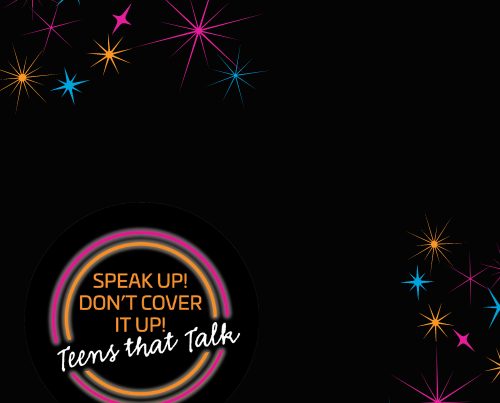“I’m going be here until the baby is born.”
Those words weren’t spoken by a pregnant woman’s partner, parent or doctor. They were spoken by Carla Leathers, a case manager at Sheltering Wings. She wasn’t about to leave the side of the young mother giving birth when no one else was there.
At this time of year when renewal and rebirth is on all our minds, Leathers talked about one of the lesser-known aspects of a Sheltering Wings case manager’s activities: the joy of witnessing new life entering the world.
“A case manager’s job is to assess a person’s needs when they come in and start plugging them into different resources: child support, food stamps, legal help, whatever.”
Sometimes, those needs arise from pregnancy.
Women who seek shelter from abuse while pregnant often face the journey alone. That’s where a case manager willingly steps in.
“I’ve been at four births,” Leathers said. “It’s a wonderful opportunity. It’s a really hard time, and then it’s the most beautiful time. It’s just an honor to be asked to be there and watch a newborn come into a world of safety.”
The first birth she witnessed came after 23 hours of labor. The young woman wasn’t from the United States originally and called Leathers “my American mama.”
“She kept saying, ‘Just go home, mama. You need your rest,’ and I just kept saying, ‘No, I am not going home until the baby is born.’ I couldn’t imagine not having anyone with me in that situation.”
Another young lady let Leathers cut the umbilical cord. It was on a New Year’s Day.
Those kinds of events create a bond, Leathers said. Even without sharing a child’s birth, “As a case manager, you develop a relationship, a rapport, when you go through crises with another person,” Leathers said. “So you’re sad when they leave the shelter, even though you’re happy for them, too.”
To ensure residents get the strongest possible start on an independent life, the shelter discourages friendships between case managers and former residents for a year. For some, like the woman who endured 23 hours of labor, those relationships stand the test of time.
“I really respected her, and she kept saying we were going to be friends after she left. She started sending cards: ‘3 more months until we can be friends!’ ‘2 more months!’ We’re still good friends to this day.”
Leathers admits the job can be disheartening, especially when people she’s worked with go back to their abusers again and again.
“But I understand it. I always think that this might be the time, the moment they decide things have to change. And if not, hopefully I’m encouraging them and letting them know they can always call here and not be ashamed,” she said. “It’s never too late.”







